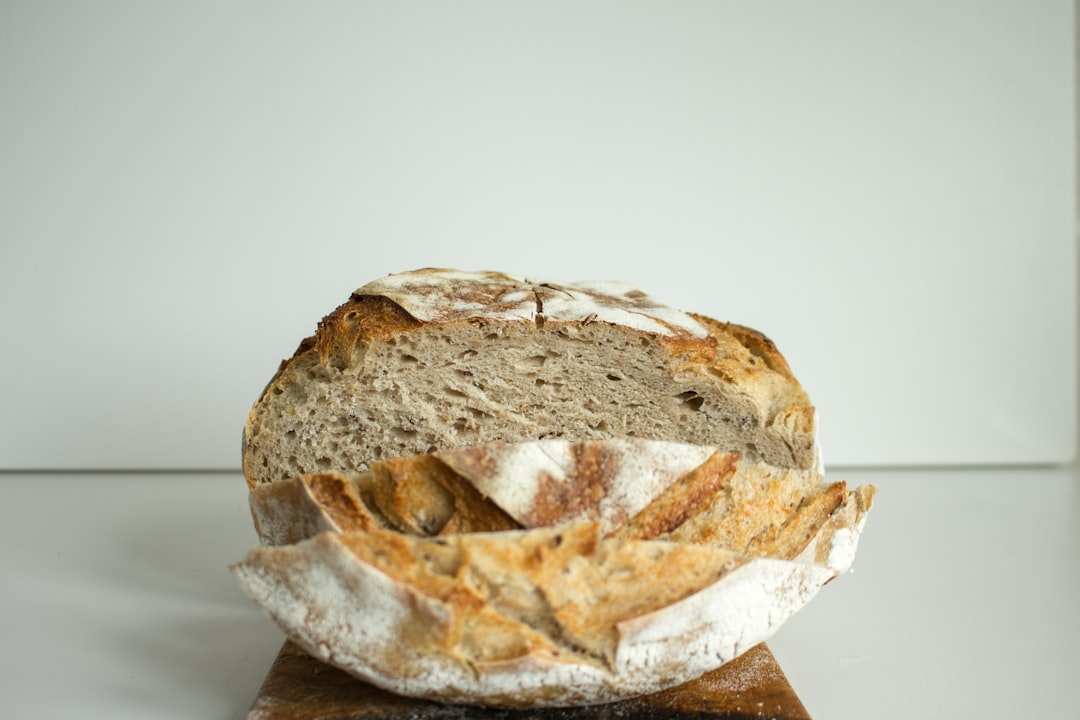The Hidden Truths of Your Morning Brew

Many of us start our day with a steaming cup of coffee or a soothing cup of tea, believing it to be the ultimate pick - me - up. But have you ever wondered if that morning cup of Joe is actually doing more harm than good? Could it be stressing you out or even keeping you sleepy throughout the day?
Let's first delve into the world of coffee. Coffee is one of the most widely consumed beverages globally, and its popularity is mainly due to its caffeine content. Caffeine is a stimulant that blocks adenosine, a neurotransmitter that makes you feel sleepy. However, the way we consume coffee can have a significant impact on its effectiveness.
Some experts suggest that timing your first cup of coffee could be highly beneficial. Our bodies have a natural internal clock, known as the circadian rhythm. Cortisol, a hormone that helps regulate our sleep - wake cycle and stress response, has its peak levels at certain times of the day. For most people, cortisol levels are high in the early morning, around 8 - 9 am. Consuming coffee during this time might not be the best idea, as your body is already naturally alert due to the high cortisol levels. Drinking coffee when your cortisol is high can lead to your body becoming desensitized to caffeine over time. This means that you may need to consume more coffee to achieve the same level of alertness, which can increase your overall caffeine intake and potentially lead to jitters, anxiety, and disrupted sleep patterns.
So, when is the ideal time to have your first cup of coffee? It is recommended to wait until cortisol levels start to dip, usually around 9:30 - 11:30 am. By this time, your natural energy boost from cortisol is waning, and caffeine can step in to provide an extra kick without over - stimulating your system. This way, you can enjoy the benefits of coffee, such as increased focus and productivity, without the negative side effects.
Now, let's talk about tea. Tea also contains caffeine, but in smaller amounts compared to coffee. Additionally, tea contains L - theanine, an amino acid that has a calming effect on the brain. This combination of caffeine and L - theanine in tea provides a more balanced and sustained energy boost. Unlike coffee, which can sometimes give you a sudden rush followed by a crash, tea can keep you alert and focused for a longer period without the jitters.
When it comes to recipes and cooking with coffee and tea, the possibilities are endless. Coffee can be used in baking to add a rich, complex flavor. For example, coffee - flavored cakes are a favorite in many cafes. The bitterness of coffee can also be used to balance the sweetness in desserts. You can make a coffee - infused caramel sauce to drizzle over ice cream or a coffee - soaked sponge cake. In savory dishes, coffee can be used in marinades for meats. The acids in coffee help to tenderize the meat, while the flavor adds a depth that is truly unique.
Tea, on the other hand, can be used in a variety of ways in the kitchen. Green tea can be used to make a refreshing sorbet. The natural antioxidants in green tea not only add a health benefit but also a light, fresh flavor. Black tea can be used to make a tea - based glaze for roasted vegetables. The tannins in black tea give the vegetables a lovely, slightly bitter edge that pairs well with the natural sweetness of the vegetables. Earl Grey tea, with its citrusy bergamot flavor, can be used to infuse cream for a delicious custard or to make a unique tea - flavored shortbread.
In conclusion, both coffee and tea have their own unique benefits and drawbacks. By understanding how to consume them in the right way, such as timing your coffee intake, and exploring their potential in recipes and cooking, you can make the most of these beloved beverages. So, the next time you reach for that cup of coffee or tea, think about how you can optimize its consumption for a healthier and more enjoyable experience.